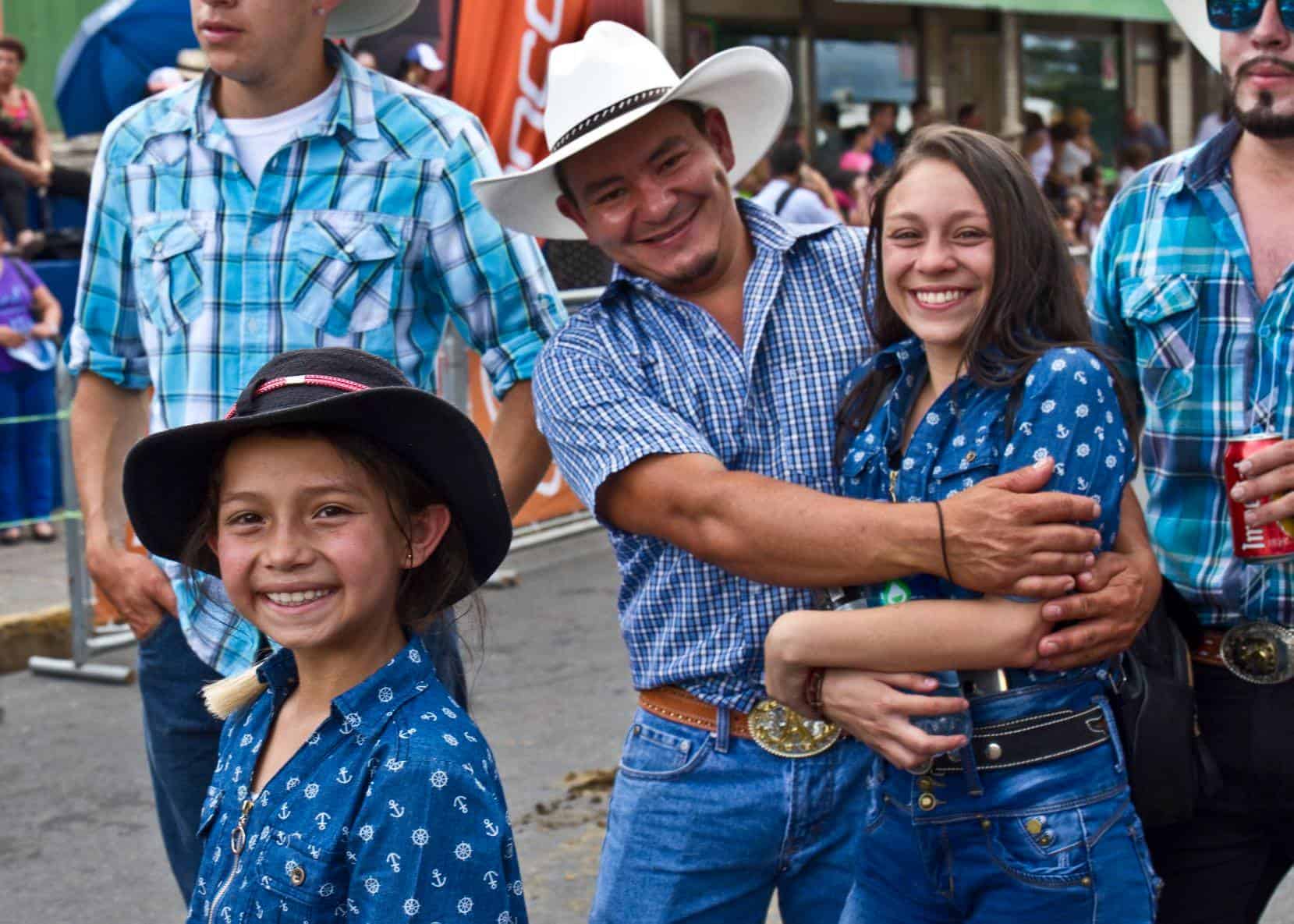You can’t call yourself fluent in Costa Rican Spanish unless you understand its slang.
Over the past several weeks, we have introduced you, dear reader, to tiquismos and costarriqueñismos as part of our “Tico Talk” series.
Tico talk for expats and tourists: Part 11
Arrimado/a: A person who lives off another; a mooch or freeloader.
Bautizar: Is to water down or dilute an alcoholic beverage. This verb literally means to baptize.
Cachetón/a: A person with big fat cheeks.
Chichoso/a: Angry or cranky.
Chochosca: Slang for money. La mosca (a fly) and la harina (flour) are terms that are also used for money here. Dinero and plata are more widely recognized words for money.
Estar fregado/a: To be sick, broken, in bad shape or screwed.
Jupa de teflón: A forgetful person or someone with a poor memory. (Because nothing sticks to teflon!)
Melón: One million colones. This word really means melon (fruit).
Pichinga: A large plastic container for transporting liquids.
Ponerse al hilo: To bring your overdue bills up to date.
Poza: A swimming hole in a river.
Rajón/a: A person who likes to brag or braggart.
Tiquismos or Costa Rican expressions of the week
Tener ambrosia: To be hungry. This expression is often used instead of tener hambre which is the more common way to say that one is hungry.
Me suenan las tripas or me pican las tripas: Means your stomach is growling.
Socarse la faja: Is to economize or spend less money. It literally means to tighten your belt.
Christopher Howard has been conducting monthly relocation/retirement tours and writing retirement guidebooks for more than 30 years. See www.liveincostarica.com.
He has a relocation/retirement blog at: http://www.liveincostarica.com/blog and is also the author of the one-of-a-kind bestselling e-book, “Guide to Costa Rican Spanish,” that can be purchased through Amazon.






